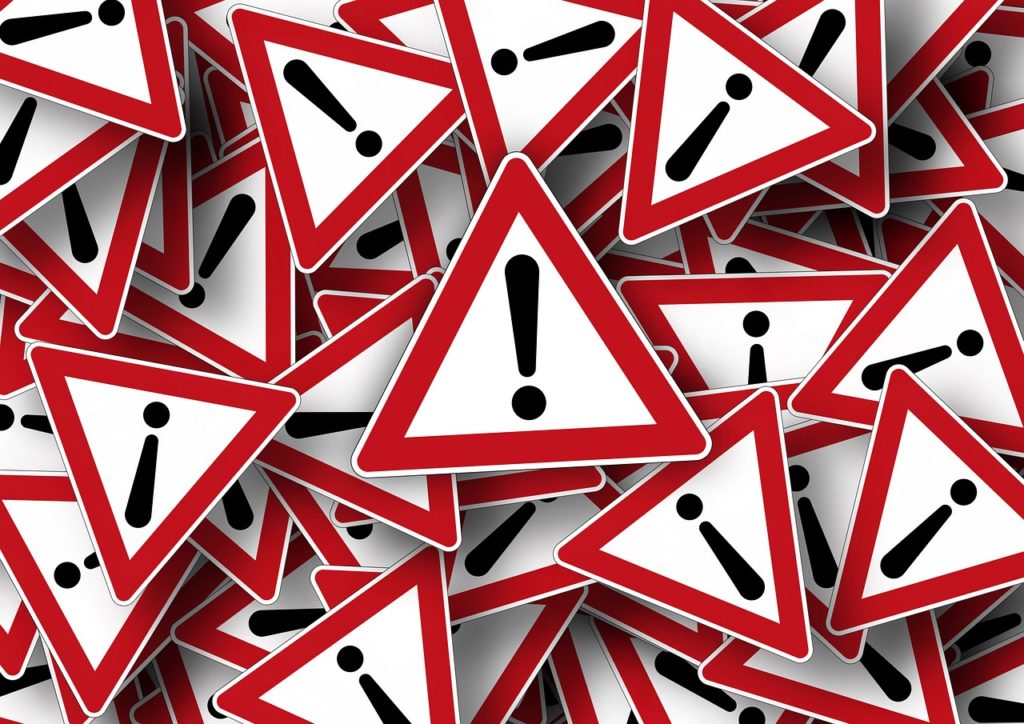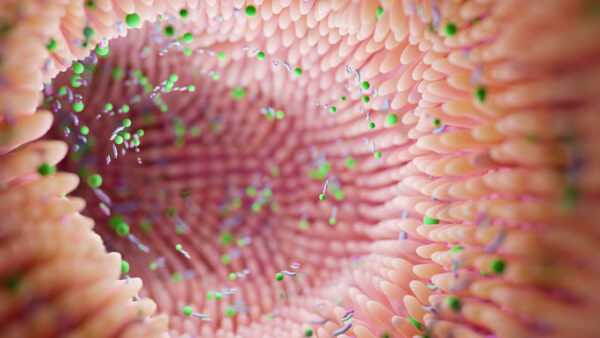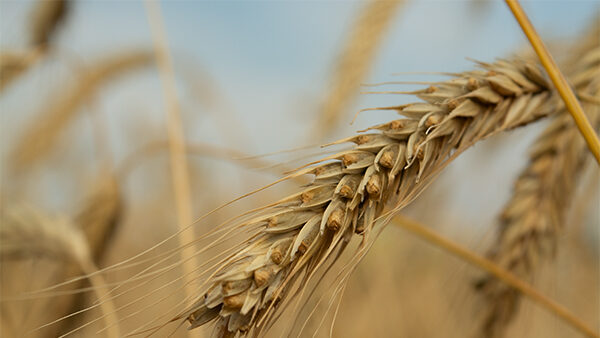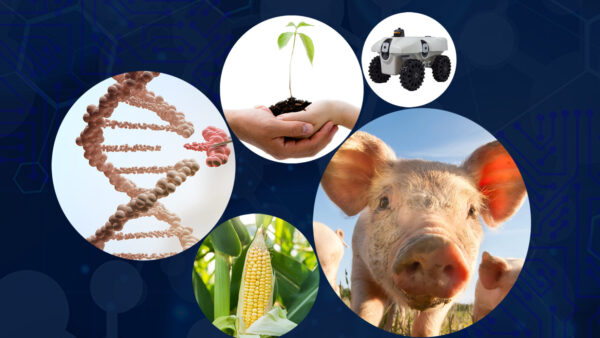Seed is regularly imported into Canada for a variety of reasons, be it research purposes, sale, conditioning and more. What isn’t as well known is the fact that you should use the services of a seed lab to help you import said seed.
Sometimes, people will rely on a staff member to go through the complicated process of interpreting a foreign seed testing report. Or, they may turn to a CFIA-accredited grader to help them.
This is problematic. It’s difficult for anyone who works outside a seed testing lab to be able to understand what an out-of-country lab has done in order to make sure that seed meets the standards for being allowed into Canada.
It can be complicated for foreign laboratories to cover the requirements of the Canadian grade tables. It can take a great deal of detective work for a SICA (Seed Import Conformity Assessor) to decipher if the foreign report has all the required information. A SICA working in a Canadian seed laboratory definitely has an inside edge because they understand International Seed Testing Association (ISTA) Rules and Association of Official Seed Analyst (AOSA) Rules.
Navigating the intricacies of seed importation can be tricky as a result of this.
Anyone importing seed into Canada must comply with Canada’s Seeds Act and Seeds Regulations and other applicable legislation. This may include the:
- Plant Protection Act and Regulations
- Pest Control Products Act
- Controlled Drugs and Substances Act
- Fertilizers Act and Regulations and/or
- Canadian Environmental Protection Act
On top of that, municipalities, provinces and territories may have legislation relating to weedy plants.
The Seeds Regulations prescribe specific document requirements in order to import seed into Canada. Here’s where a seed lab comes in.
The importer must provide an acceptable Seed Analysis Certificate (SAC) in order to ascertain the seeds’ freedom from prohibited noxious weed seeds, minimum purity standards and acceptable germination percentages.
These SACs must provide sufficient information on purity and germination to verify that the seed lot meets the minimum standards for importation. Many grade tables in Canada have requirements that do not exist elsewhere. These may include, ergot or sclerotia bodies by count or percentage and special requirements for Brassica species and sweet clover.
A seed lab can also determine when the addition of hard seed or a tetrazolium test is acceptable. It is often important that a SICA understands the importers end use of the seed as that sometimes determines which table is appropriate.
I work with a lot of companies to do this. We go over the seed analysis report that came with the seed and we provide a release for them which aids them in securing authorization to import that seed.
Seed analysts have a testing background, which means they speak the language of seed testing reports and can help decipher them and ensure your SAC is sufficient to allow the seed to be imported.
To make the importation process go smoothly and avoid any legal issues, seek the help of a seed lab. You’ll avoid headaches and have peace of mind knowing you won’t run into any problems that could cost you time and money.
—Morgan Webb is president and senior seed analyst at Seed Check Technologies













